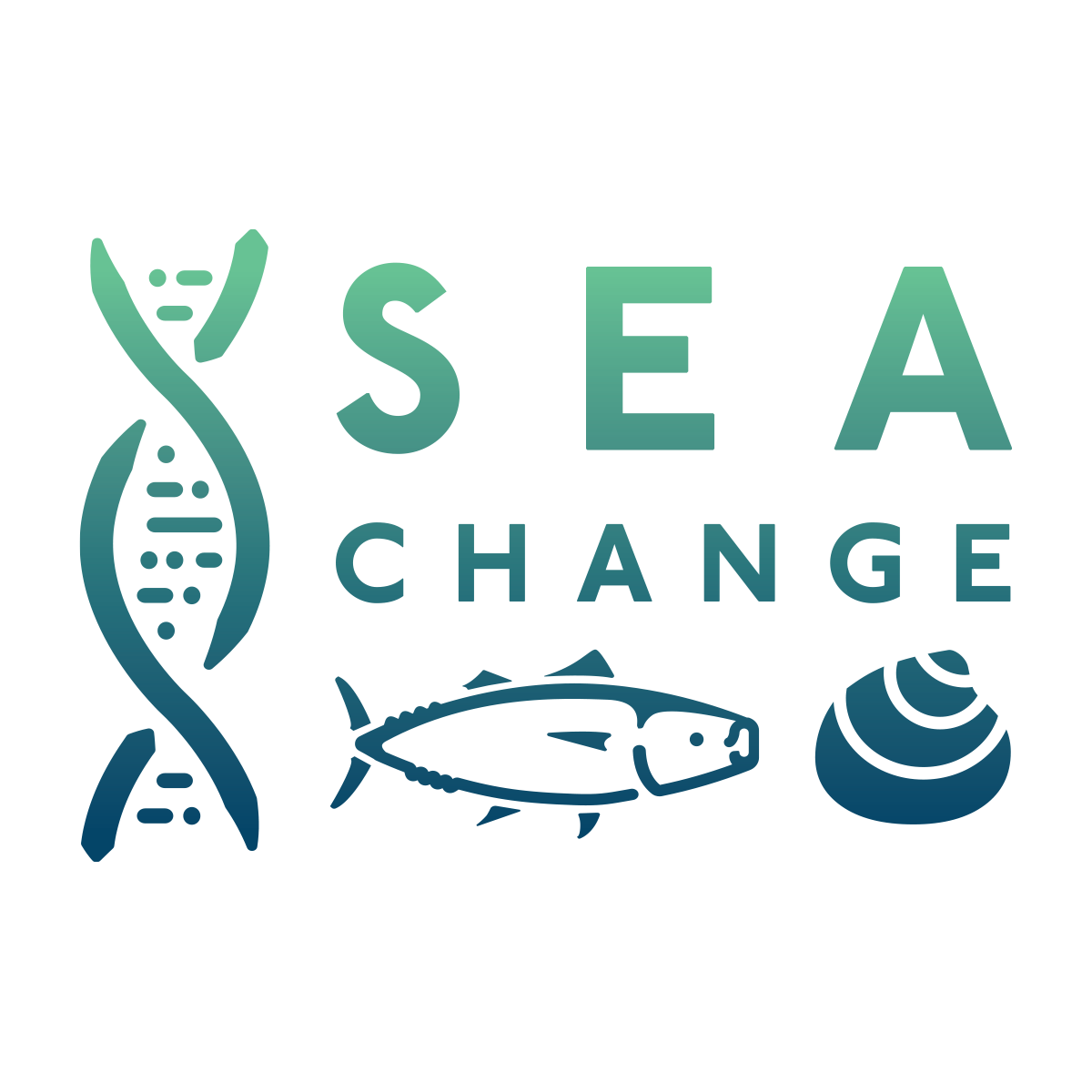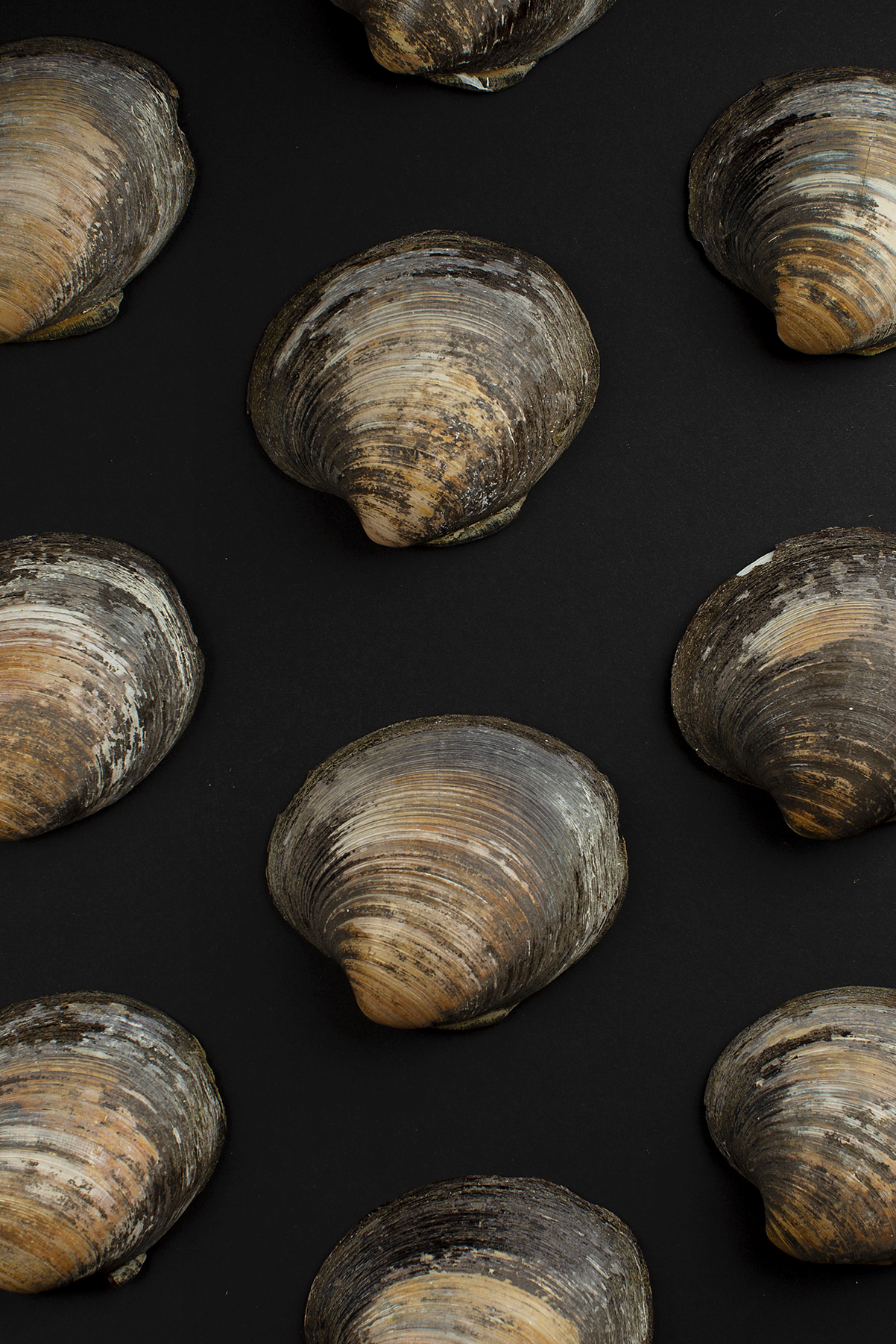Recent & Ongoing
Projects
SEACHANGE
SEACHANGE is a six-year, EU Synergy funded project (11.8 million Euros). It brings together four different research teams who will combine their skills and expertise in a powerful new synergetic alliance to unlock the richness of oceanic history. This alliance includes the Sclerochronology and Scleroclimatology Group at Exeter and the Corresponding Principal Investigator is James Scourse; other members of the Sclerochronology SEACHANGE team at Exeter include Paul Butler, David Reynolds, Alejandro Roman-Gonzalez, Jake Scolding and Jane Earland. Other partners include York (archaeology, amini acid geochemistry, compound specific stable isotopes), biosciences and earth sciences at Exeter (sedimentology, carbonate chemistry, palaeoecology, historical ecology and ecosystem modelling), Mainz (compound specific isotope analysis) and Copenhagen (environmental DNA and ancient DNA). Collectively, we will develop time series of ocean ecosystem change of unparalleled detail from five very different parts of the planet, setting new baselines for understanding environmental change in the sea. We will piece together changes across major human cultural transitions spanning hundreds to thousands of years, including Mesolithic to Neolithic in Denmark, pristine to inhabited in Iceland following Viking settlement in 874 AD, Medieval to industrial revolution in the North Sea, hunter-gatherer to colonial in eastern Australia, and pristine to industrial in Antarctica. We will gather samples from archaeological middens, by piston coring of marine sediments and will date remains using traditional archaeological methods and exceptionally precise sclerochronology of the shells of long-lived molluscs. In developing detailed, dated time-series of ocean ecosystem change, we expect to be able to detect the earliest signs of human influence on the sea. And by understanding how the seas of today are different from the past, we will be able to better manage them for the future.
ICEBERGS: Impacts of rapid deglaciation on benthic marine ecosystems in Antarctica
Many of our recent projects embed sclerochronology within a wider investigative framework. SEACHANGE (see recent News) is a good example; another is the ongoing joint UK NERC-CONICYT (Chile) ICEBERGS Project (2017-2020). This collaborative project involves partners at the British Antarctic Survey and at Bangor University, and at the Universidad Católica de la Santísima Concepcion in Chile. ICEBERGS aims to investigate the impacts of physical disturbance arising from climate-warming induced deglaciation on benthic communities around the West Antarctic Peninsula. We adopt a multidisciplinary approach across nested scales from individual to ecosystem level, and from an ecological to evolutionary scale, evaluating genetic, physiological, population, community and ecosystem impacts of this deglacial perturbation. The project builds on the pioneering Antarctic sclerochronological research of Alejandro Román-González (Román-González et al. 2016, 2017).
ULTRA: An ultra-high-resolution 1,000-year temperature record for the North Icelandic Shelf
The stable isotope geochemistry of A. islandica shells from the Iceland chronology was the target of the ULTRA project (funded by NERC (ULTRA NE/H023356/1)). Because of the high resolution and precise dating of the shell material, the results from this project - reconstructions of seawater temperatures and water mass changes - mark a significant advance in the resolution of reconstructions of past marine variability. This improves our ability to discriminate between natural and anthropogenic signals in ocean climate variability (Reynolds et al., 2016, Reynolds et al., 2017a, Reynolds et al., 2017b).
CLAM: Climate of the Last Millennium: An integrated data-model approach to reconstruct and interpret annual variability
The goal of CLAM (funded by NERC (CLAM NE/N002733/1)) was to use a pan-Atlantic network of sclerochronological archives from NW Scotland, the North Icelandic shelf and the Gulf of Maine, together with high-resolution climate models, to investigate the mechanisms that are driving variability of the circulation patterns in the North Atlantic over the past millennium (Reynolds et al., 2017c, 2018)
ARAMACC: Annually Resolved Archives of Marine Climate Change
ARAMACC ("Annually Resolved Archives of Marine Climate Change") was an EU-funded multi-partner project, funded within the framework of a Marie Curie Initial Training Network, providing training to ten PhD students based in seven centres across Europe in all aspects of the field of sclerochronology. The research goal of ARAMACC was the history of the North Atlantic Ocean over the past few hundred years, using shells from multiple sites, and incorporating – in addition to chronology building and geochemistry – climate modelling, biological and ecological drivers of shell growth, and the application of sclerochronology in the commercial and regulatory sectors (Estrella-Martínez et al., 2019a, Estrella-Martínez et al., 2019b, Featherstone et al., 2017, Featherstone et al., 2019, Steinhardt et al., 2016)







